Legal and Ethical Frameworks in Travel and Tourism Report
VerifiedAdded on 2023/04/04
|9
|376
|243
Report
AI Summary
This report examines the legal and ethical frameworks governing the travel and tourism industry. It analyzes key legislation, including the Development of Tourism Act, Transports Acts, and the Package Travel Regulations. The report explores international conventions and regulations, such as the Athens Convention, which dictates sea transport law, and the Warsaw Convention. It also covers the legal aspects of passenger rights, compensation schemes, and the responsibilities of travel agencies and transport providers. The report delves into the legal aspects of different modes of transportation including air, sea, and land, detailing the relevant laws and conventions that govern each sector. The report also references relevant academic literature, such as Connell (2013), Dickinson et al. (2011), and Pritchard et al. (2011), to support its analysis of contemporary issues in the tourism sector.
1 out of 9
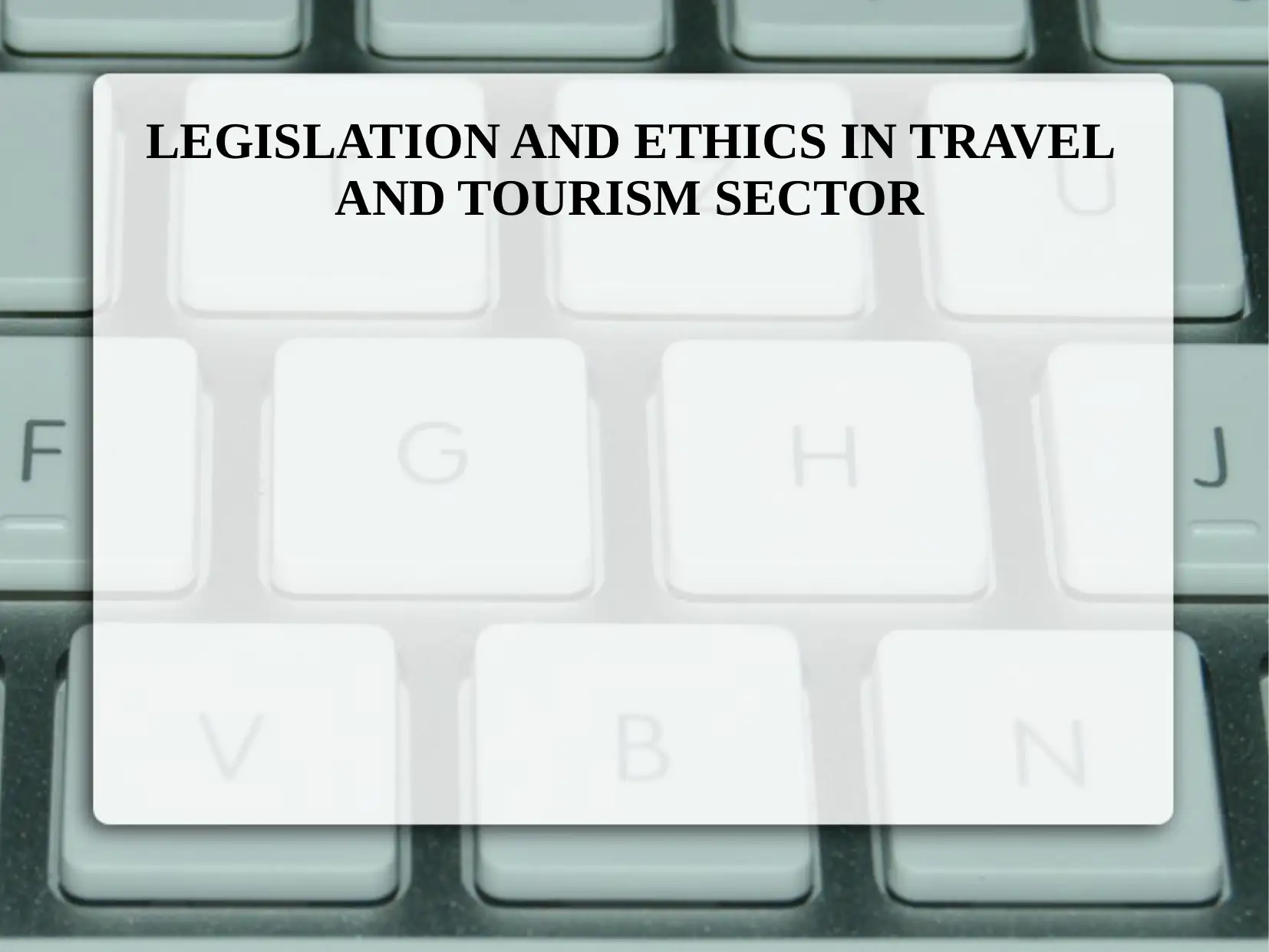

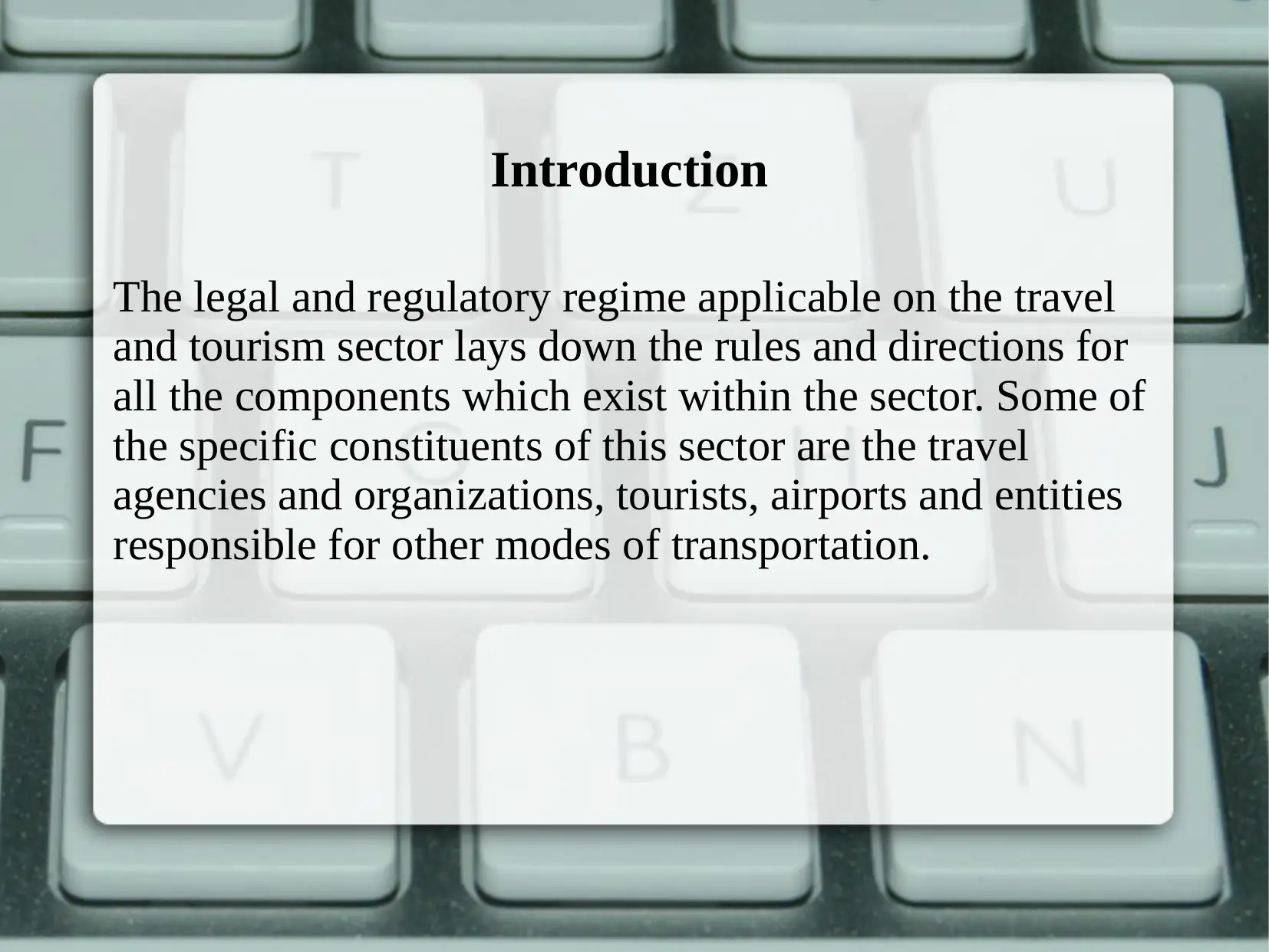


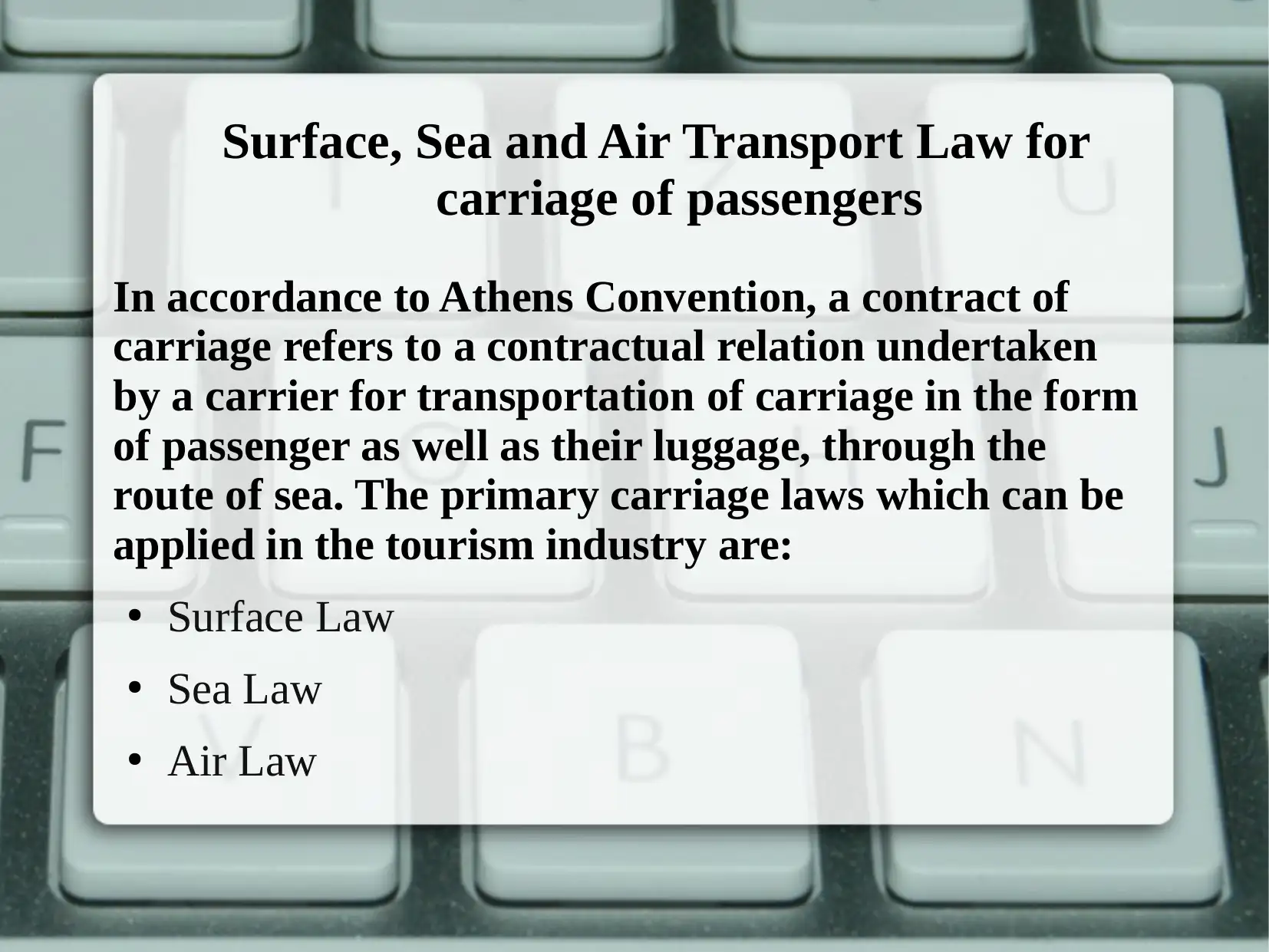
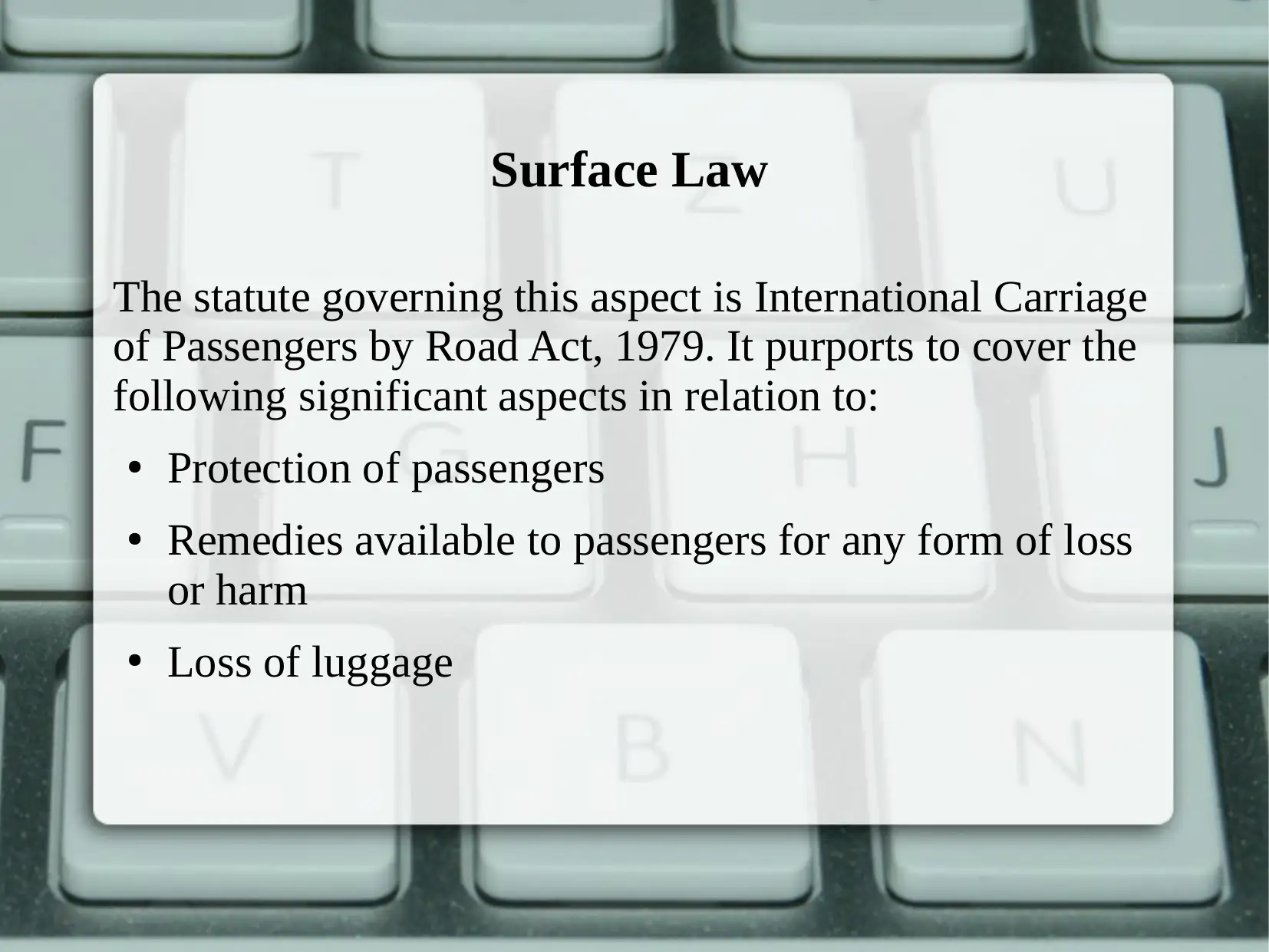
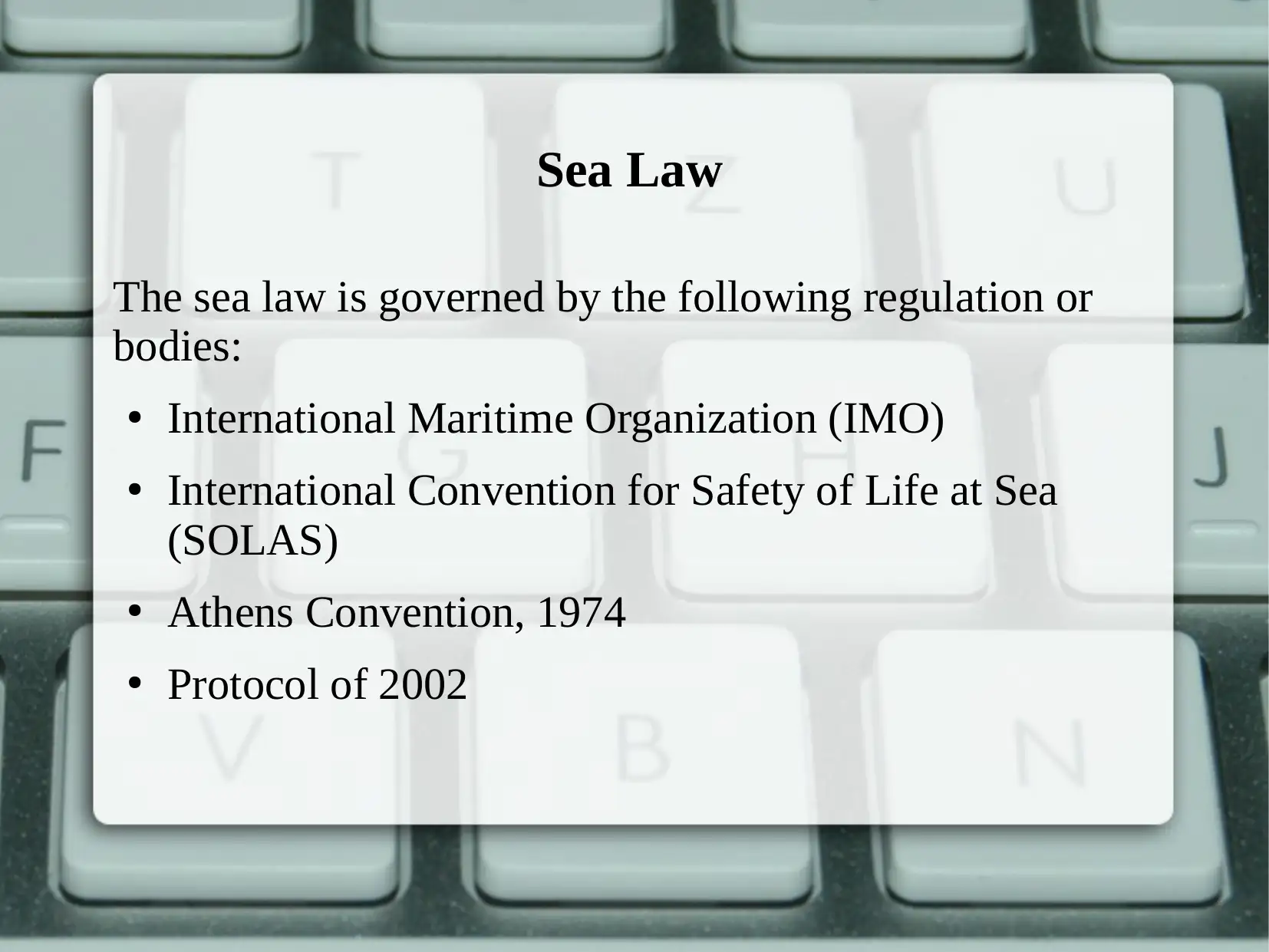
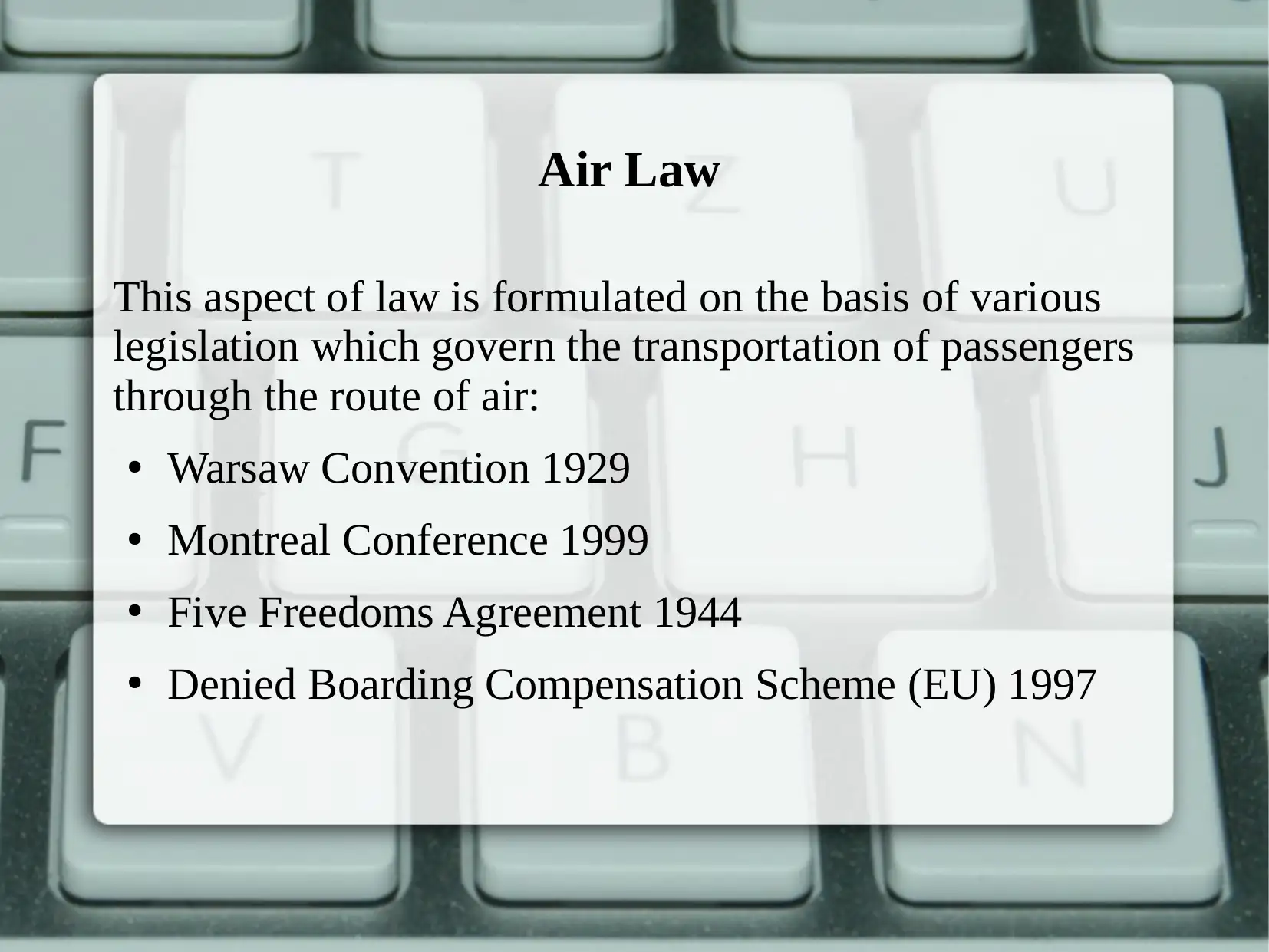
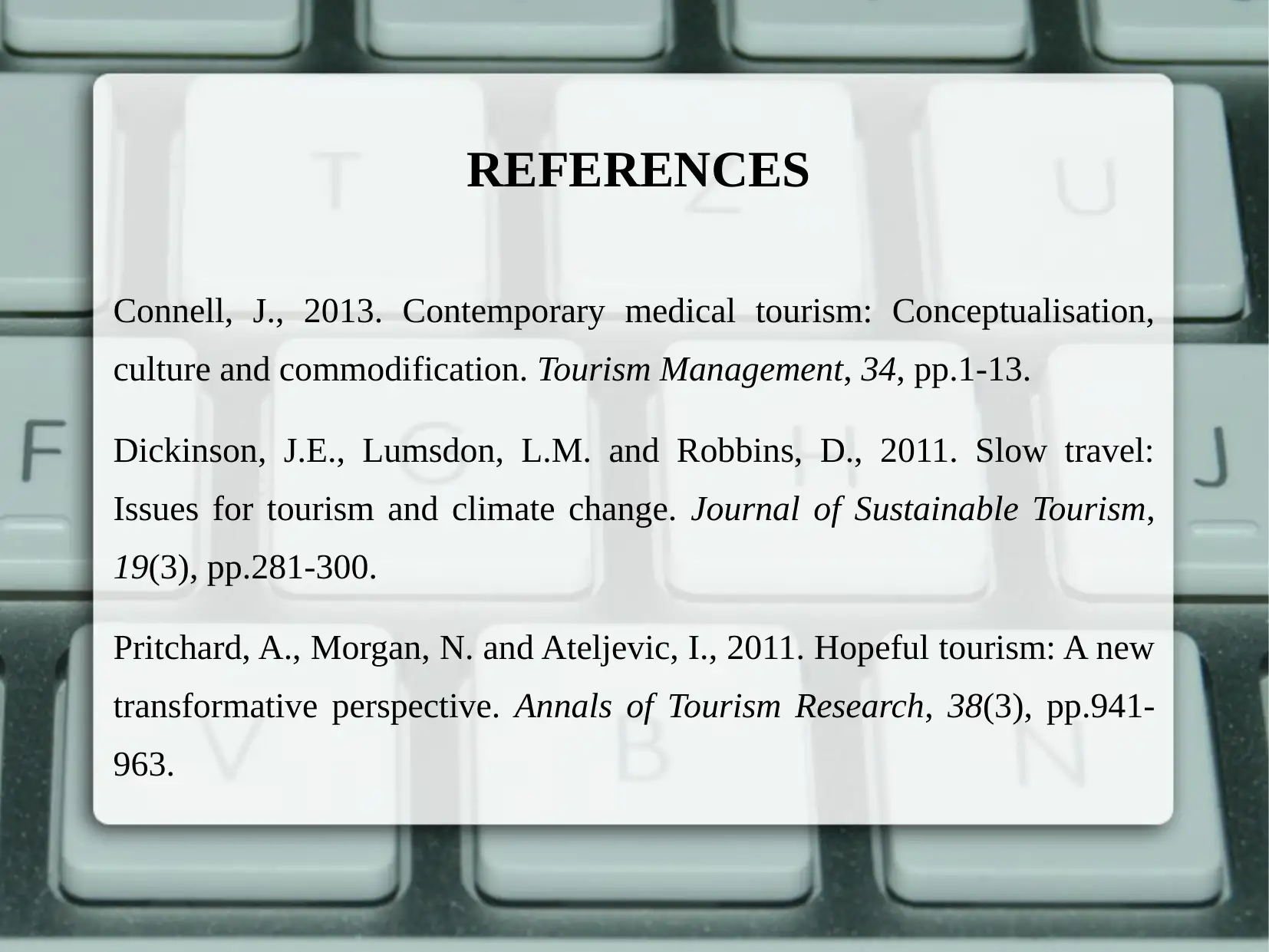






![[object Object]](/_next/static/media/star-bottom.7253800d.svg)